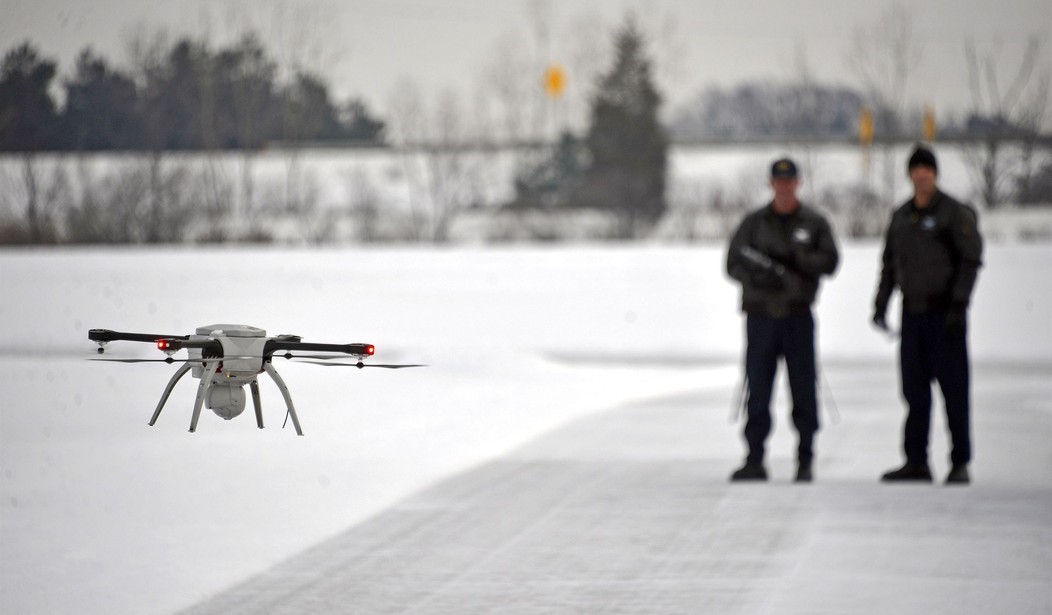The National Defense Authorization Act (NDAA) is expected to come up before the end of the year and traditionally has become a magnet for unrelated pieces of legislation to be buried in it. It usually passes right at the end of the year and the politicians in Washington can’t help themselves but try to hitch a ride for their pet project into the NDAA.
In other words, it should be of great concern that members who can’t pass legislation under the regular order of business will attempt to tack on unpopular bills to this must pass piece of legislation that contains necessary authorizations for the military. Congress should refrain from making this year’s NDAA a Christmas tree for cronyism and bad policy.
Over the past 60 years, the federal government has repeatedly intervened to save the American auto-making business. In the 1970s and 80s, federal lawmakers set import quotas to keep Japanese cars from cornering the market. In the 1990s, the Clinton administration stepped in to end a strike that supposedly could have put GM out of business. In the 2000s, Washington guided Detroit through a confusing series of legal maneuvers including bankruptcies, reorganizations, and divestments.
Decades of industrial policy may have saved American automakers in a certain sense. But the consequence is a sclerotic industry in which workers for GM, Ford and Chrysler have gone on strike all at once.
In the meantime, Japanese carmakers have opened plants in the United States and set about competing with American automakers by building cars that are more fun to drive and last longer than those manufactured by legacy automakers. This history of American automakers offers a cautionary tale for a new generation of technologies.
Case in point is drone policy. A bipartisan assembly of lawmakers are proposing the American Security Drone Act, aimed at protecting the American-made drone industry. To do so, the bill seeks to restrict the countries where drones for the American market can be assembled.
Recommended
That sort of industrial policy tends to lead to stagnation instead of experimentation as entire companies are artificially cut out from the market, leading to little pressure for their competitors to innovate.
Drones manufactured in China are generally considered the best for the consumer market. “Right now, our overall favorite is the DJI Mavic 3 Pro because it packs everything you’d want in a drone, from triple cameras to built-in GPS,” reports Forbes. China’s lead, of course, isn’t set in stone. There was a time when a BlackBerry was better than an iPhone. Apple adapted. American drone makers can as well. Open competition will provide the incentives for Americans to beat the Chinese drones on price and utility. Banning Chinese drones will let American developers off the hook for making a better product.
Right now, Chinese drones are outpacing their American counterparts in capabilities too, with features such as longer flight times and better cameras. Denying drone users access to these features and more, just because the drone they use was manufactured in China, not only hurts American drone users but removes pressure from American companies to match what’s currently on the market.
Proponents of the bill cite national security concerns due to growing strategic competition from Beijing. Yet we’ve seen that limiting the supply of drones undermines the capabilities of U.S. government agencies.
When the Trump administration unilaterally ordered agencies to review their drones, the Office of Management and Budget (OMB) found that a ban could “put an ‘undue burden’ on federal agencies that would have no viable alternatives — all for no real security benefit.” The U.S. Department of Agriculture suggested that a ban “could limit the ability ‘to carry out our mission-crucial work’ and ‘halt’ the Forest Service’s use of drones altogether.” Inherent in the bill’s logic is an unfounded pessimism that American companies cannot develop better produces and services than the Chinese without interfering with consumers’ choice.
Members of Congress should reject the American Security Drone Act and not hide it in the NDAA. Doing so will send a message that reverberates well beyond the drone industry: Rather than compelling dominance through federal policy, the United States will continue to stand for the principles of open trade and competition. Free markets are a better cure for American industry than cronyism.
Pratik Chougule is the executive director of the Coalition for Political Forecasting and author of American Universities in the Middle East and U.S. Foreign Policy.

























Join the conversation as a VIP Member